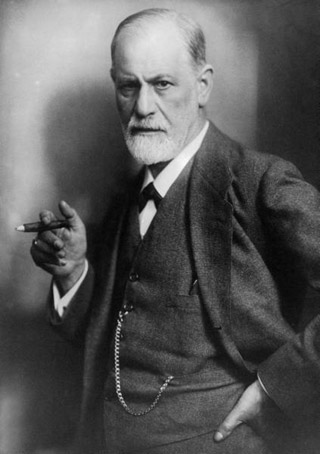-

-
Courses
Find courses by:
Collections
Cross-Disciplinary Topic Lists
- About
- Donate
- Featured Sites
This is an archived course. A more recent version may be available at ocw.mit.edu.

Photograph of Sigmund Freud (1856 - 1939). (Image courtesy of wikipedia.org.)
Prof. Shankar Raman
21L.451
Spring 2010
Undergraduate
This subject examines the ways in which we read. It introduces some of the different strategies of reading, comprehending and engaging with literary texts developed in the twentieth century, paying special attention to post-structuralist theories and their legacy. (What poststructuralism means will be discussed often in this course, so don't worry if you don't know what it means right now!) The course is organized around specific theoretical paradigms. In general, we will: (1) work through selected readings in order to see how they determine or define the task of literary interpretation; (2) locate the limits of each particular approach; and (3) trace the emergence of subsequent theoretical paradigms as responses to the achievements and limitations of what came before. The literary texts and films accompanying the theoretical material will serve as concrete cases that allow us to see theory in action. For the most part, each week will pair a text or film with a particular interpretative approach, using the former to explore the latter. Rather than attempting a definitive or full analysis of the literary or film work, we will exploit it (unashamedly — and indeed sometimes reductively) to understand better the theoretical reading it accompanies.
Shankar Raman. 21L.451 Introduction to Literary Theory, Spring 2010. (Massachusetts Institute of Technology: MIT OpenCourseWare), https://ocw.mit.edu (Accessed). License: Creative Commons BY-NC-SA
For more information about using these materials and the Creative Commons license, see our Terms of Use.
